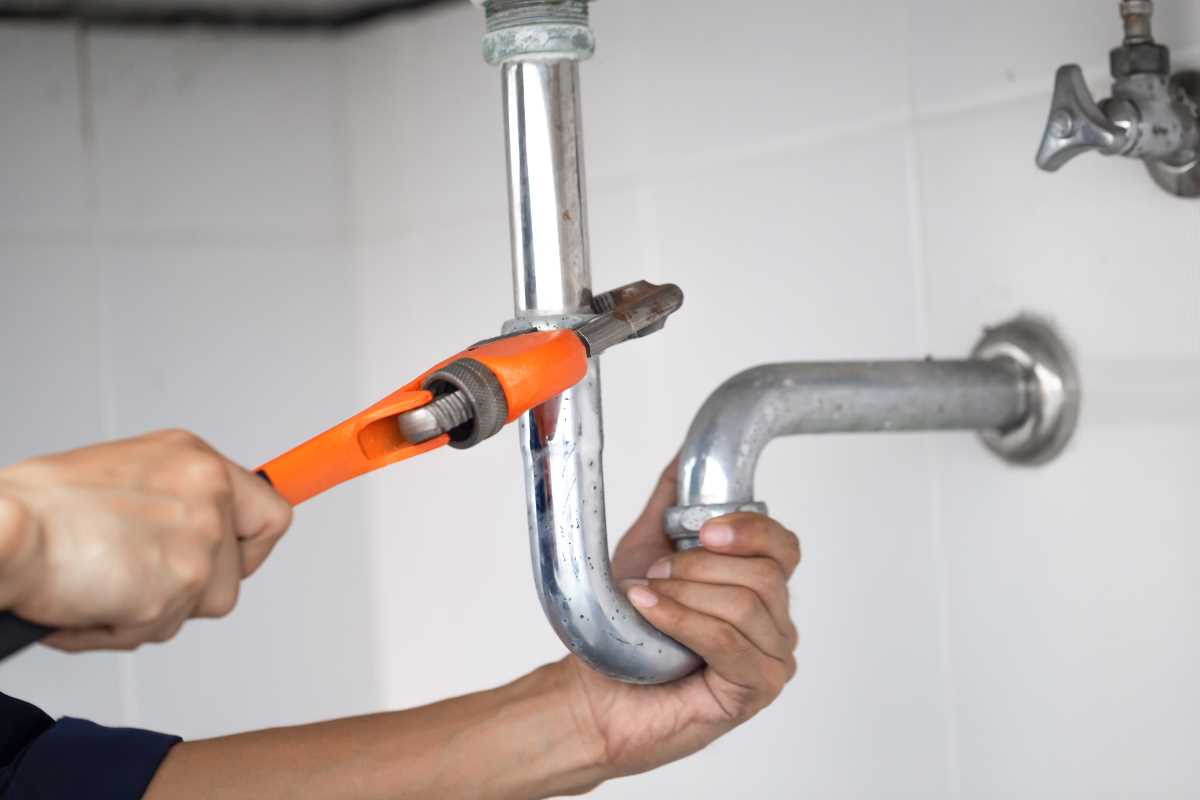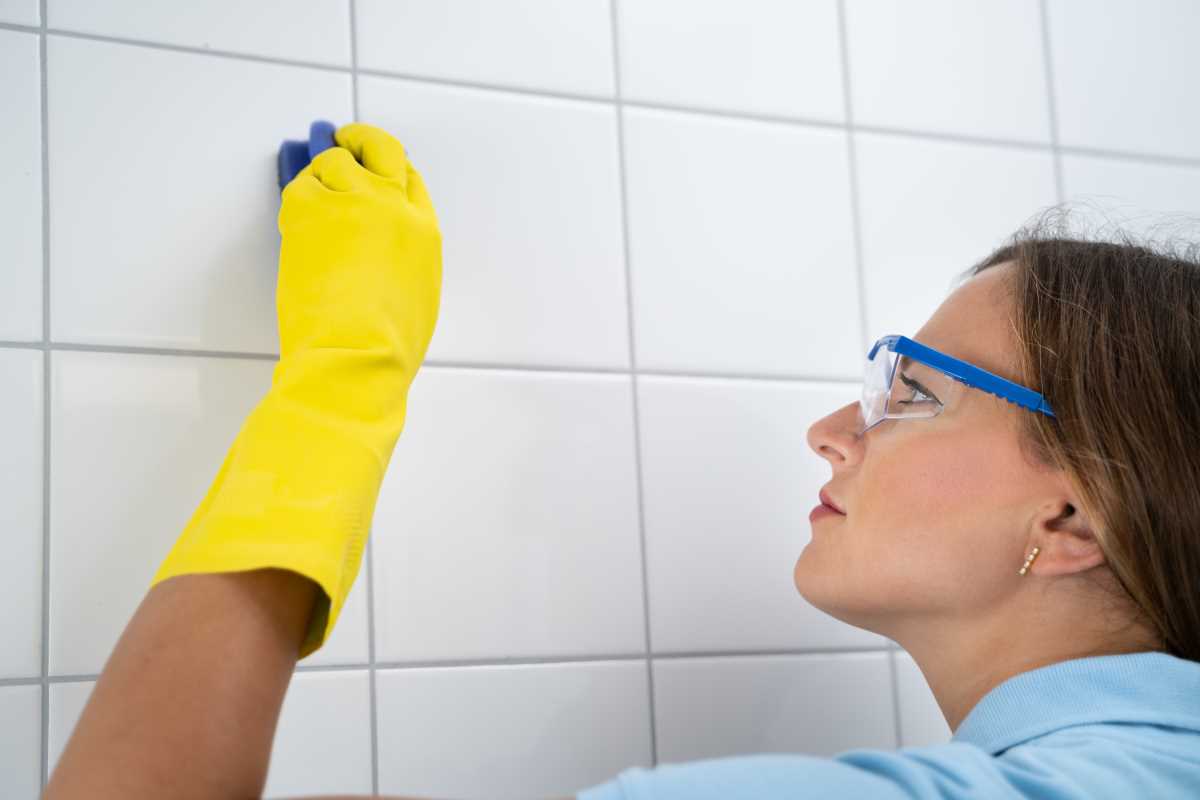Plumbing issues rarely come at a convenient time. A dripping faucet, a clogged sink, or a burst pipe can quickly disrupt everything. Calling a plumber might seem straightforward, but choosing the right service involves asking detailed questions to avoid unexpected headaches. Not all plumbers operate with the same transparency or expertise, so understanding what to ask can save you time, money, and frustration. Ask these specific questions before hiring a plumbing service to avoid any unpleasant surprises along the way.
Are You Licensed and Insured?
A professional plumbing service should always be licensed and insured. Licensing demonstrates that the plumber has met the training and experience requirements for the job. Insurance protects you in case something goes wrong during the repair, such as accidental damage to your property or an injury on-site.
Request proof of both licensing and insurance before agreeing to any work. Most reputable plumbers will be happy to provide their license number and policy details. Cross-check these with your local licensing board to confirm they’re up-to-date. Steer clear of any service unwilling to share this information. Working with an unlicensed plumber could leave you liable for damages or repairs done incorrectly.
Do You Charge By the Hour or Offer Flat Rates?
Understanding a plumber’s pricing can help avoid surprises. Some plumbing services charge by the hour, while others use flat-rate pricing based on the specific job.
Ask for a clear explanation of how their pricing works. For hourly rates, inquire about the average time it typically takes to complete jobs similar to yours. If they offer flat rates, request a price sheet or examples of what’s included in each service tier.
Flat rates offer predictability but may not include extra charges for complications like hard-to-reach pipes or older plumbing systems. Hourly rates can add up quickly if complications arise. Choose the pricing model that makes the most sense for your budget and situation.
Can You Provide a Detailed Estimate?
A good plumber will give you a written estimate for their services before starting any work. The estimate should list every component of the job, including labor, parts, and materials.
Look for transparency in the estimate. Line items like "emergency call fees" or "special equipment charges" should be clearly outlined. Vague language or missing details could signal future billing confusion.
It’s also worth asking how long the estimate is valid, as prices for parts or labor may fluctuate. Comparing estimates from several plumbers will help you spot any outliers that seem unusually high or too good to be true.
Do You Offer Any Guarantees or Warranties?
Guarantees and warranties play an important role in protecting your investment. Plumbers who stand by their work often provide guarantees on their labor and warranties on parts or materials.
Ask how long their guarantee lasts, exactly what it covers, and how to make a claim if necessary. A plumber might guarantee their work for 90 days, meaning they’ll return and fix the issue at no cost if the problem recurs within that time frame.
Reputable plumbers should also offer warranties on any new fixtures or parts they install. Check which brands they use and any extended warranty options available. Understanding these details upfront means you won't be stuck dealing with recurring problems later.
Will You Handle Permits or Inspections if Necessary?
Some plumbing projects, such as installing a new water heater or rerouting pipes, may require permits and inspections to comply with local building codes. Handling these requirements can be a hassle, but many professional plumbing services include it as part of the job.
Ask who will take responsibility for pulling permits and scheduling inspections. If the plumber offers to manage it, confirm whether this service comes with additional charges. Having a plumber who knows the local codes and processes is an advantage, saving you from potential fines or delays.
If a plumbing service states permits or inspections aren’t necessary for a major project, double-check their claim with your local building authority. Cutting corners here can lead to future complications.
What’s Your Experience With Similar Problems?
Experience matters when hiring a plumber, especially for more complex issues. A clogged drain is one thing, but diagnosing a sewer line failure is another.
Describe your plumbing problem in as much detail as possible and ask how often the plumber has dealt with similar issues. Their response should give you confidence in their ability to handle the job. An experienced plumber might also share preventative tips or insights about common causes of the problem.
Who Will Be Performing the Work?
Not all plumbing services are handled by the individual you speak with over the phone. Larger companies may assign the job to a team of technicians, apprentices, or subcontractors.
Confirm who will be performing the work in your home and ask about their credentials. If someone other than the master plumber is involved, make sure they’re sufficiently trained and supervised.
This information helps you understand the dynamics of the team and promises that the plumbing service maintains consistent quality standards.
Are Emergency Services Available?
Some plumbing issues require immediate attention, such as severe leaks or burst pipes. A plumbing service offering 24/7 emergency support provides peace of mind for future issues.
Ask about their availability during evenings, weekends, and holidays. Emergency services often come at a premium, so confirm the rates for after-hours calls. Keep their contact info handy for any emergencies that arise later.
What Is Your Cleanup Policy?
Plumbing repairs often involve a mess. Extensively dug-up gardens, displaced fixtures, or scattered debris are all possibilities. A professional plumbing service should include cleanup as part of its standard process.
Ask whether they will restore your property after completing the work. Examples might include filling in trenches from pipe replacements or wiping down surfaces dirtied during repairs. Avoid assuming this is standard practice and clarify your expectations ahead of time.
Can You Provide References or Reviews?
Hearing about others’ experiences with a plumber can be invaluable when making your decision. Established services often have reviews or testimonials available online, but don’t hesitate to request references directly.
Reach out to previous customers to ask about their satisfaction with the service. Consistent praise for professionalism and fair pricing builds trust, while common complaints serve as red flags to reconsider your choice.
Plumbers who prioritize customer satisfaction typically have no problem sharing references. A hesitation to do so might suggest subpar performance or credibility issues.
 (Image via
(Image via





